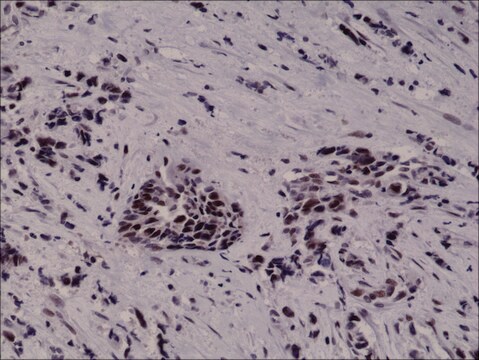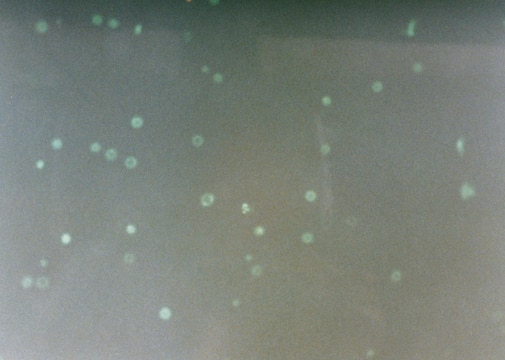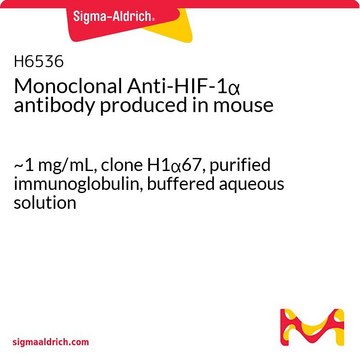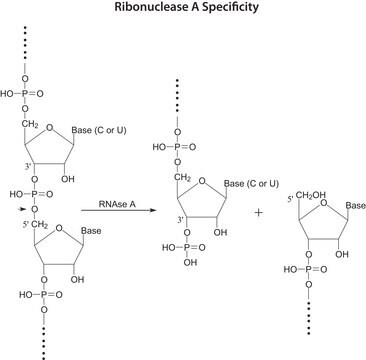07-1585
Anti-HIF-1-alpha Antibody, hydroxyproline (Pro402)
from rabbit, purified by affinity chromatography
Synonym(s):
Hypoxia-inducible factor 1-alpha, HIF-1-alpha, HIF1-alpha, ARNT-interacting protein, Basic-helix-loop-helix-PAS protein MOP1, Class E basic helix-loop-helix protein 78, bHLHe78, Member of PAS protein 1, PAS domain-containing protein 8
About This Item
Recommended Products
biological source
rabbit
antibody form
affinity isolated antibody
antibody product type
primary antibodies
clone
polyclonal
purified by
affinity chromatography
species reactivity
human
species reactivity (predicted by homology)
rat (based on 100% sequence homology), zebrafish (based on 100% sequence homology), mouse (based on 100% sequence homology), bovine (based on 100% sequence homology)
packaging
antibody small pack of 25 μg
technique(s)
western blot: suitable
NCBI accession no.
UniProt accession no.
shipped in
ambient
target post-translational modification
unmodified
Gene Information
human ... HIF1A(3091)
General description
Specificity
Immunogen
Application
Epigenetics & Nuclear Function
Transcription Factors
Quality
Western Blot Analysis: 1 µg/mL of this antibody detected HIF-1-alpha on 10 µg of FeCl2 treated HIF-1-alpha recombinant proteins.
Target description
Linkage
Physical form
Storage and Stability
Analysis Note
FeCl2 treated HIF-1-alpha recombinant proteins
Other Notes
Disclaimer
Not finding the right product?
Try our Product Selector Tool.
Certificates of Analysis (COA)
Search for Certificates of Analysis (COA) by entering the products Lot/Batch Number. Lot and Batch Numbers can be found on a product’s label following the words ‘Lot’ or ‘Batch’.
Already Own This Product?
Find documentation for the products that you have recently purchased in the Document Library.
Our team of scientists has experience in all areas of research including Life Science, Material Science, Chemical Synthesis, Chromatography, Analytical and many others.
Contact Technical Service






